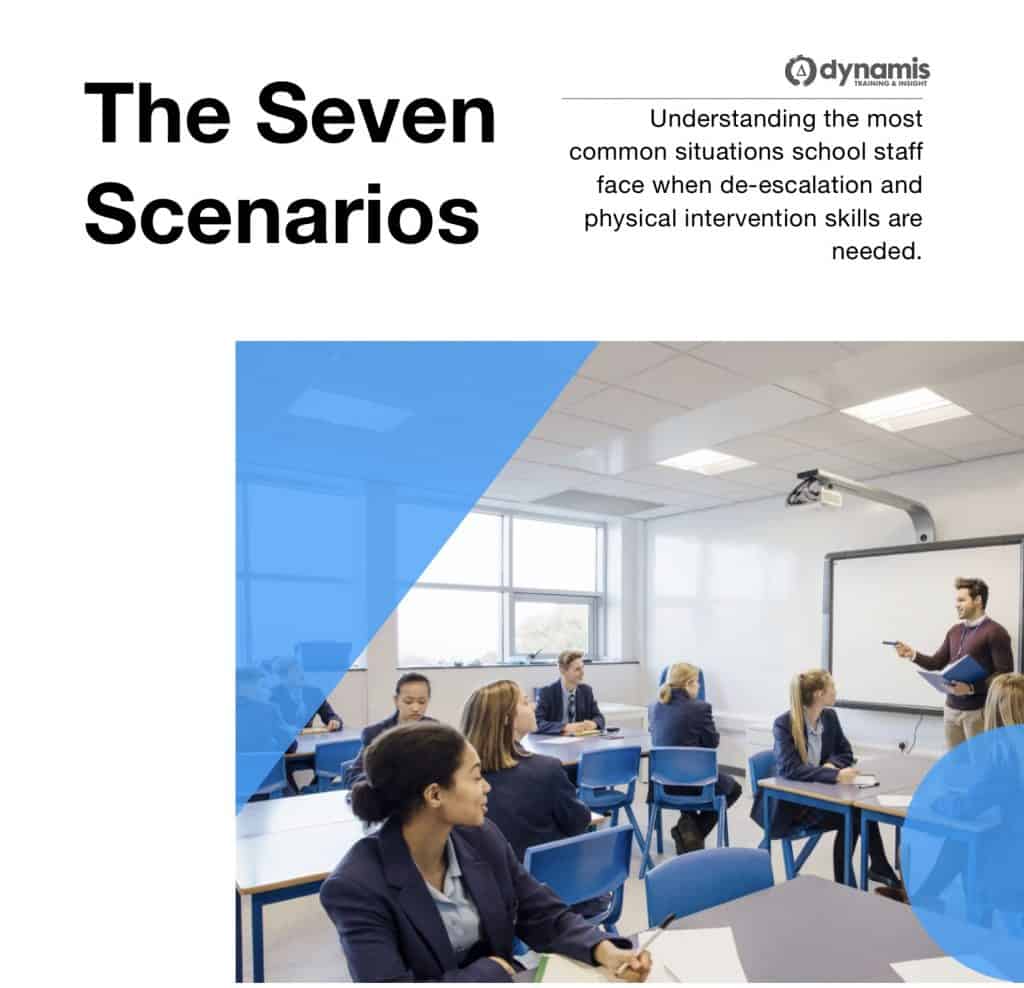Schools have significant responsibilities where they are called on to physically manage high-risk or seriously disruptive behaviours. In addition to a properly conceived and robust physical interventions policy (which we are able to review with you and adjust to your requirements) there are some practical discussions which need to be had around other peripheral considerations, as follows in the list below.
Issues for schools to address in relation to Positive Handling:
- Which staff other than teachers will be authorised to use Restrictive Physical Intervention (RPI) in your school?
- By what process will staff be elected and authorised to use RPI in your school?
- In what situations would the school consider it appropriate for teachers and other authorised school staff to use RPI?
- What kind of actions would be viewed as using restrictive physical intervention in your school?
- What kind of actions involving use of physical intervention would be viewed as unwarranted, excessive or punitive in your school?
- What course of action will be taken in the event of staff failing to comply with your policy?
- How will the school involve parents and others who know the young person in the process of developing individual behaviour management plans?
- What process is to be used to agree and ratify individual behaviour management plans for use in school?
- How will individual behaviour management plans be recorded?
- What action does the school intend to take to assess and manage the risks presented by pupils?
- What actions will the school take to assess techniques and methods for implementing planned use of physical intervention?
- What kinds of unforeseen or emergency situations might staff find themselves in within your school? What techniques will the school acknowledge for use in these situations? How would such incidents be reported?
- Who will provide staff and pupils with support after incidents?
- Who will check for injuries, provide first aid and arrange for medical aid?
- Who will report injuries to HSE?
- How are incidents to be reported, recorded and notified?
- How will the school monitor and evaluate the use of restrictive physical intervention?
- How will incident monitoring inform risk assessment and management?
- How will complaints be investigated and by whom?
We are standing by to assist care and education leaders and their teams throughout the country to create safer services through robust and practical approaches to managing high-risk or seriously disruptive behaviours.
Gerard O’Dea is a conflict management, personal safety and physical interventions training consultant. He is the training director for Dynamis, a specialist provider of personal safety and violence management programmes and the European Adviser for ‘Verbal Defense and Influence’, a global programme which addresses the spectrum of human conflict. www.dynamis.training




